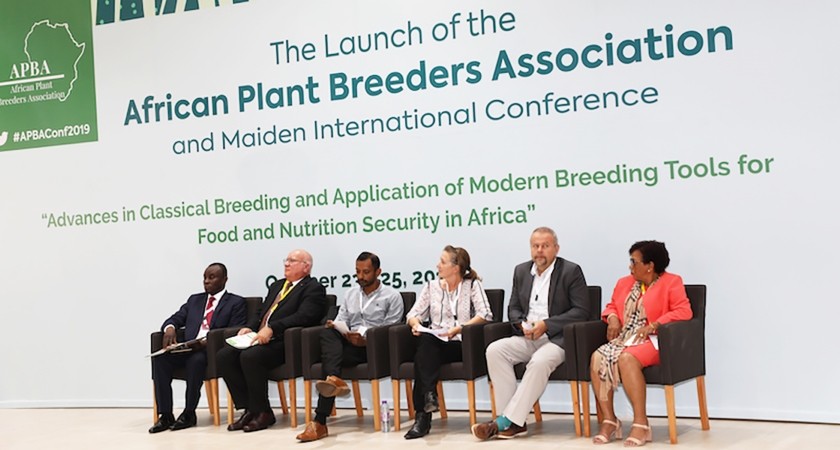
In a groundbreaking development for agricultural research and food security across the African continent, the International Atomic Energy Agency (IAEA) has officially designated the Biotechnology and Nuclear Agriculture Research Institute (BNARI) of the Ghana Atomic Energy Commission as Africa's inaugural IAEA Collaborating Centre for plant breeding and genetics.
This historic collaboration marks a significant stride towards advancing research and development in mutation breeding—a technique of paramount importance in ensuring food and nutrition security while addressing the challenges posed by climate change.
In a momentous signing ceremony that took place on September 29 at the IAEA headquarters in Vienna, Austria, BNARI's recognition marked the initiation of a four-year partnership committed to enhancing plant breeding and related technologies within the realm of food and nutrition security. Mutation breeding, an innovative method, holds immense potential to produce food crops with increased yields, enhanced nutritional quality, and greater resilience to the impacts of climate change.
Najat Mokhtar, IAEA Deputy Director General and Head of the Department of Nuclear Sciences and Applications, underscored the paramount importance of this collaboration. She highlighted the need to unite efforts in expanding the use of this safe and highly effective technique across a broader region. BNARI's unique expertise in radiation-induced mutation and its strategic geographical location position it as a pivotal player in strengthening capacities for plant breeding and genetics in West Africa.
The recognition of BNARI as an IAEA Collaborating Centre follows years of collaborative research and technical cooperation projects. This newly designated centre's role extends beyond Ghana and the IAEA to encompass African nations and similar Collaborating Centres worldwide, facilitating the exchange of knowledge and expertise.
Under the mutually agreed work plan, BNARI will share its extensive knowledge of in vitro multiplication, engage in collaborative research on tissue culture and mutation breeding, and provide vital irradiation services to neighbouring countries.
This initiative demonstrates an unwavering commitment to harnessing nuclear and biotechnological solutions for the benefit of Ghana and the broader African community. With the establishment of this IAEA Collaborating Centre, Africa is poised to make significant strides in the crucial field of plant breeding and genetics, offering promising solutions to issues related to food and nutrition security while embracing cutting-edge mutation breeding techniques. This groundbreaking collaboration signifies a beacon of hope for the future of agriculture and food security across the continent.
Article by Jed Mwangi
Photo/Google

Comment